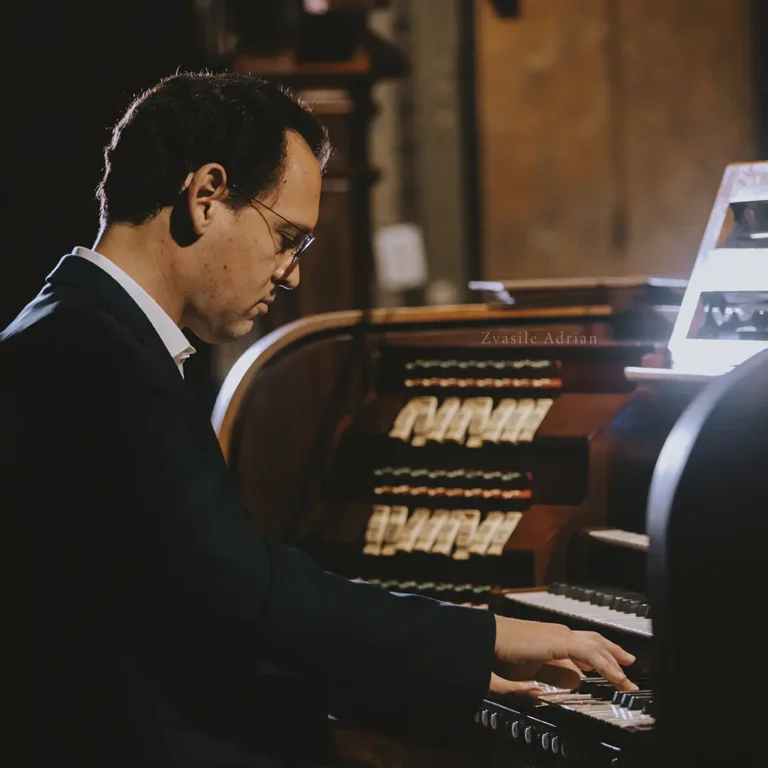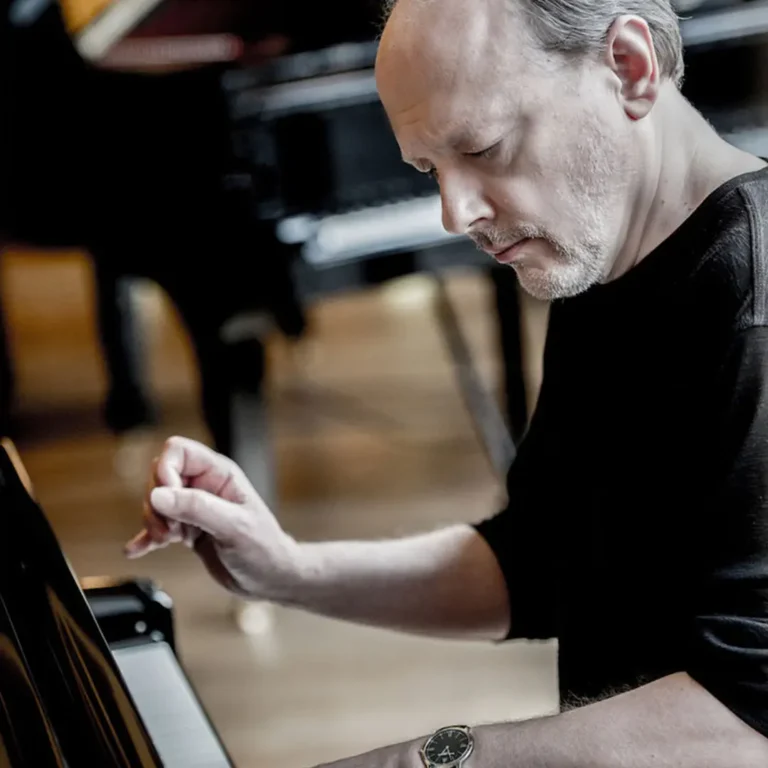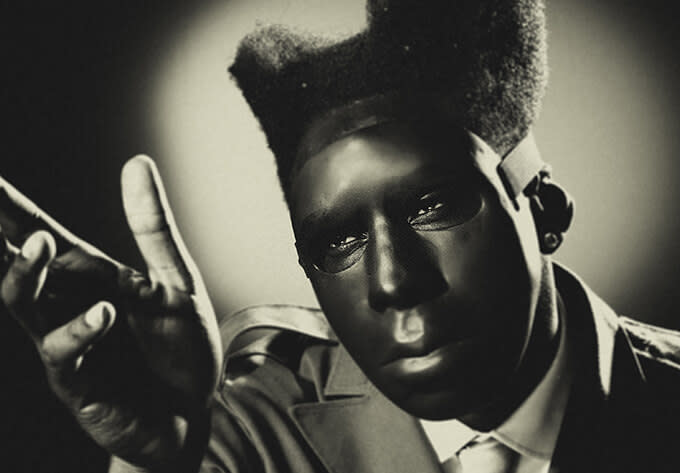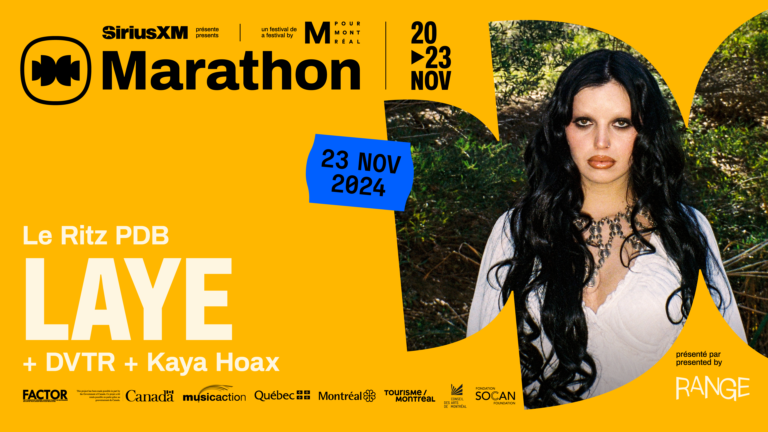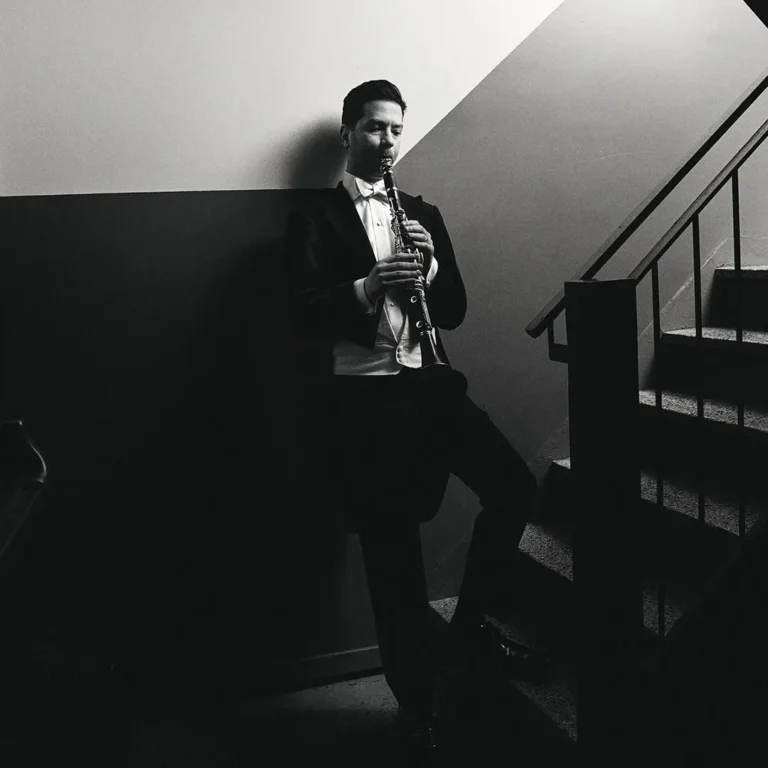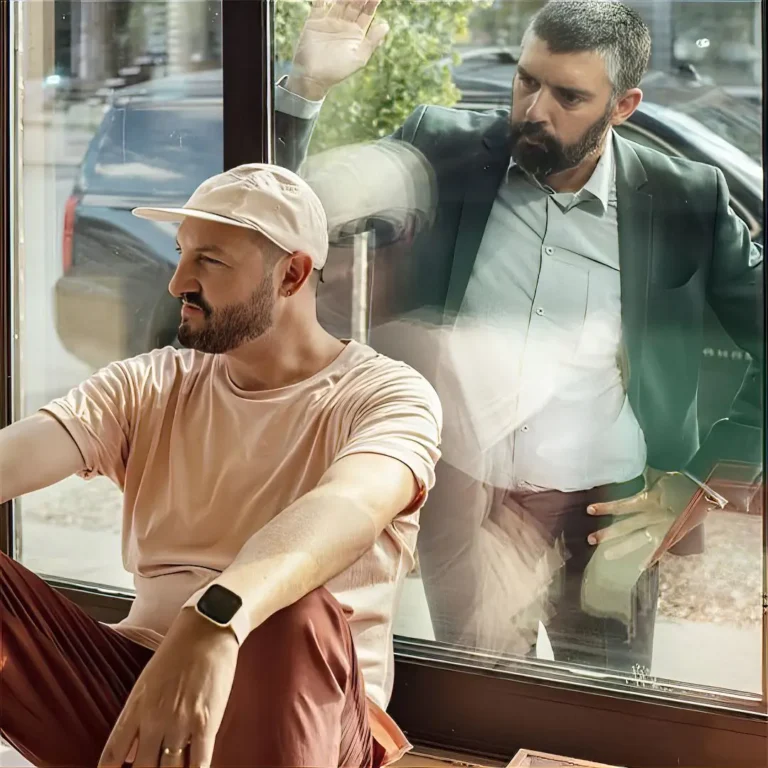Avec Julian Gutierrez Vinardell, c’est un spectacle de « Nueva Trova », un style de chanson cubaine qui se distingue entre autres de la musique de danse traditionnelle de ce pays en intégrant des éléments de la modernité. Sa musique conserve les instruments caractéristiques de la musique afro-cubaine (congas, batas et autres percussions latines) en plus d’incorporer des concepts propres au Jazz (harmonie sophistiquée, improvisation, formes plus complexes).
With Julian Gutierrez Vinardell, it’s a show of “Nueva Trova”, a Cuban style of song style of Cuban song that differs from, among other things, traditional dance music by incorporating elements of modernity. His music preserves the characteristic instruments of Afro-Cuban
(congas, batas and other Latin percussion instruments), while incorporating in addition to incorporating jazz concepts (sophisticated harmony, improvisation, more complex forms).
POUR ACHETER VOTRE BILLET, C’EST ICI!
Ce contenu provient de Club Balattou et est adapté par PAN M 360.




